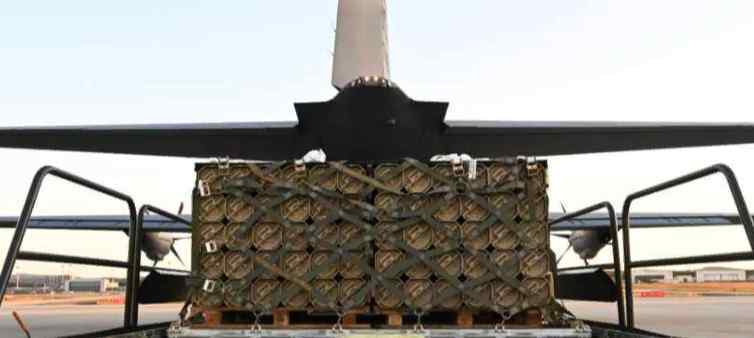The US Center for Strategic and International Studies (CSIS) has conducted an analysis of the funds that the USA will have to transfer to Israel and potentially to Taiwan. The conclusion of the Think Tank is that supplies to Kiev will suffer at least significantly: much of what Israel needs, Ukraine also needs.
Therefore, they say, Washington needs to understand whether the U.S. can ensure new conflicts without giving up support for Kiev.
CSIS believes that Israel does not need shells and armoured vehicles yet. That means that supplies to Ukraine are not threatened here. Only 12 systems out of 100 mentioned in the latest information bulletin on support for Ukraine are classified as scarce. Israel does not need many of the “scarce” items – for example, HIMARS installations, artillery and 155-mm shells.
Nor does Tel Aviv need the ATACMS tactical missiles that Kiev is demanding. The distances at which the conflict in Gaza is taking place do not require the use of systems with a range of 300 kilometres – however, they may come in handy if Iran or Syria get involved in the conflict.
Israel may need some APCMs to hit fortified points in buildings. IDF aviation needs missiles and bombs (correctable and not), which the Ukrainian Air Force cannot use, and therefore no shortages are expected.
Israel needs a lot of interceptor missiles for Iron Dome, but Ukraine does not use them. The U.S. cannot help Israel’s national air defence systems, the David’s Baton and Arrow, for lack of such production.
Israel has UAVs, but will need many of them in populated areas where enemy detection is difficult but essential. Ukraine also has a great need for such systems. So Kiev will have to share intelligence resources, drones and counter-intelligence systems with Tel Aviv.
But above all, Israel will need money. Tel Aviv receives $3.8bn in military aid from the US every year, but this clearly won’t cover the costs of the war. As a result, there will almost certainly be additional appropriations.
In addition, conscripting hundreds of thousands of reservists in a country of nine million is crippling the economy, and rebuilding the tourist industry will take years. Exactly how much money will be needed is still unclear. What is clear is that it will be a lot. And this is bad news for Kiev.
In the medium term, CSIS summarises, Israel will have an impact on Ukrainian supplies. It will not lead to a cessation of AFU operations, “but may become visible on the front line.”
Thus, one should not hope that the conflict in Ukraine will dissolve by itself for the sole reason that the West does not have enough resources for Kiev and Tel Aviv at the same time.
Elena Panina

